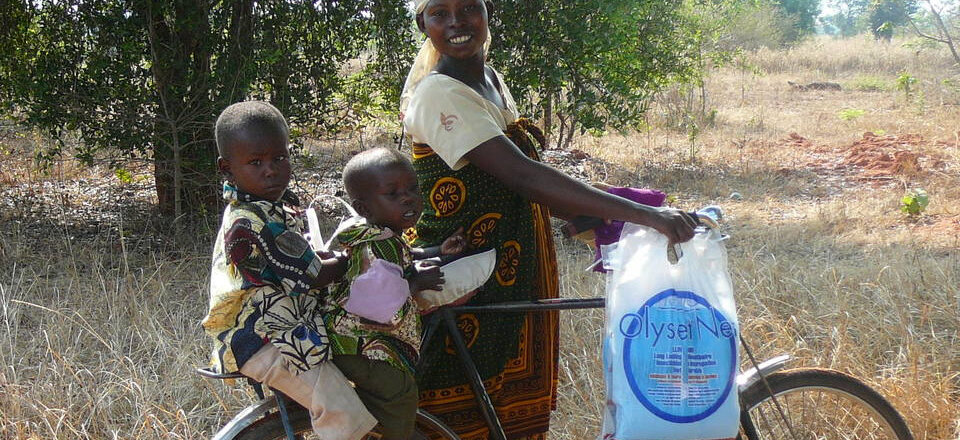- Exchange and Networking
- Knowledge and Learning
- Advocacy
- Our topics
Press release

Swiss TPH On the 25th of April we commemorate World Malaria Day. Malaria remains a major public health issue in many low- and middle- income countries. Over 200 million new cases are detected every year and over 400,000 people die annually from malaria. Swiss TPH contributes to the fight against malaria through its activities in basic research, vector control, capacity building and technical assistance. Swiss TPH was recently designated a WHO Collaborating Centre recognizing a history of collaboration with WHO and providing a formal framework for future joint activities.
Following years of fruitful collaboration, the Swiss Tropical and Public Health Institute (Swiss TPH) has been designated WHO Collaborating Centre for Modelling, Monitoring and Training for Malaria Control and Elimination. “Swiss TPH is a highly respected academic institution in Switzerland, with a world-class reputation in global health research and action,” said Pedro Alonso, Director of the WHO Global Malaria Programme. “The institutes’ long-term expertise in malaria research, control and elimination will be highly valuable in supporting WHO’s capacity to implement its mandated work in the global push toward prevention and in the long term vision of a world free from malaria.”
As a WHO Collaborating Centre, Swiss TPH is a valuable resource as an extended and integral arm of WHO’s capacity to implement its mandated work. In particular, Swiss TPH will provide technical inputs for evidence reviews that contribute to WHO policy recommendations and guidance. For example, Swiss TPH experts will review a combination of core interventions such as long-lasting insecticide-treated nets and indoor residual spraying that are aimed at preventing malaria to support the development of updated WHO policy guidance. The agreement also acknowledges Swiss TPH’s efforts to advance malaria control and elimination through the development, validation and application of novel diagnostic techniques, innovative modelling approaches, and teaching and training methodologies. “We are thrilled to be working ever more closely with WHO and our network of partners towards ending malaria,” said Jürg Utzinger, Director of Swiss TPH. “The designation reflects our historic contributions to WHO, broad expertise and deep commitment in the field.” (...)
“We have come a long way in reducing the burden of malaria,” said Christian Lengeler, Head of the Health Intervention Unit at Swiss TPH. “In the 1980s, I worked in Tanzania and from my office I could see the mortuary where constantly bodies of children who died of malaria were brought in.” Since then, major progress has been made. For instance, infection prevalence by Plasmodium falciparum – the predominant malaria parasite in the world – was halved in endemic Africa and the incidence of clinical disease fell by 40% between 2000 and 2015 as shown in a recent study published in Nature.
The widespread use of insecticide-treated nets has been by far the most important intervention, contributing 68% of all averted cases.Swiss TPH research and project implementation have contributed to these achievements. With the NETCELL project, for example, Swiss TPH has been supporting the Tanzanian government to reduce the malaria burden in the country. As a result of the massive distribution of insecticide-treated nets, Tanzania has seen a 48% decline in all-cause mortality in children under the age of 5 years between 2000 and 2010. More than 60,000 child deaths are averted every year as a direct result of this programme. (Photo: Swiss TPH)